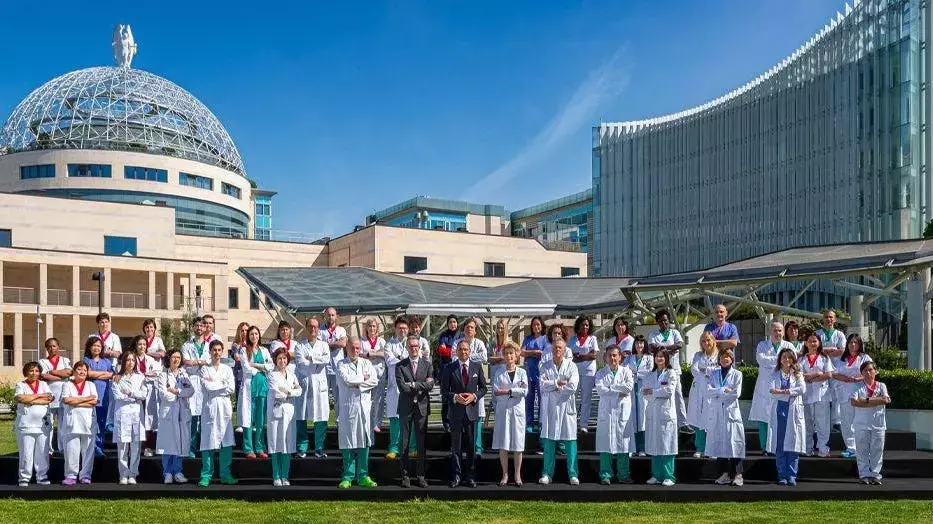For decades, the United States and Italy have forged a remarkable partnership that extends beyond borders. This alliance is deeply ingrained in cultural exchanges and economic ties, with a shared dedication to enhancing healthcare and medical research. These collaborative efforts have paved the way for innovative solutions to complex health challenges.
Uniting for Global Health Innovation
Historical Foundations of USA-Italy Health Collaboration
For a long time, the USA and Italy have been actively collaborating on healthcare initiatives. The US, renowned for its substantial research funding and advanced technological resources, has frequently joined forces with Italy, which is highly regarded for its strong biomedical and clinical research capabilities. Their collaborations have encompassed a wide range of areas, from combating infectious diseases to advancing cancer treatments. One notable example is the CREID network. The NIH in the US and the ISS in Italy have jointly carried out studies that have made significant contributions to the global battle against various diseases.This historical collaboration has laid a solid foundation for the continuous development of healthcare between the two countries. It has demonstrated the mutual benefits and potential that can be achieved through joint efforts. The exchange of knowledge and expertise has not only improved healthcare in both countries but has also set an example for other nations.Current Health Innovation Partnerships
In recent years, the USA and Italy have been placing greater emphasis on digital health, pharmaceuticals, and clinical research. Italian pharmaceutical companies like Menarini are actively engaging with American firms to enhance drug delivery systems and develop life-saving treatments.Another remarkable example of this transatlantic cooperation is the Italian government's recent and remarkable $21 million donation to Boston University for biomedical research. This funding is dedicated to supporting projects in genetics, cellular biology, vaccines, antibiotics, and rapid diagnostics for infections. It is not only about providing financial support but also about promoting academic exchanges between Italian researchers and BU's faculty. This investment is expected to drive significant advancements in biomedical research and have a positive impact on global healthcare.The San Donato Hospital Group (GSD), a subsidiary of GKSD Investment Holding, has also made significant contributions to improving global healthcare delivery. A spokesperson from the company emphasized that international collaboration is not just an option but a crucial element in quality healthcare research and innovation. By leveraging their resources and creating enduring partnerships, they aim to deliver the best combination of expert skills through global alliances and achieve successful patient outcomes.Setting an Example for Global Health Collaboration
The partnerships between the USA and Italy serve as a remarkable blueprint for global health innovation. The two countries possess complementary strengths. The US brings its technological expertise and substantial funding, while Italy offers its rich biomedical knowledge and a tradition of healthcare ethics. This collaborative approach allows both nations to undertake ambitious projects, such as large-scale clinical trials and pioneering drug therapies that can be applied globally.By accelerating clinical trial approvals, sharing best practices, and leveraging public-private partnerships, they provide a valuable model for other countries to follow. Their combined efforts demonstrate the power of international collaboration in addressing global health issues and improving healthcare outcomes.This article is intended for informational purposes only and should not be used as a substitute for professional medical advice. If you require medical advice, diagnosis, or treatment, it is essential to consult a medical professional or healthcare provider.You May Like

